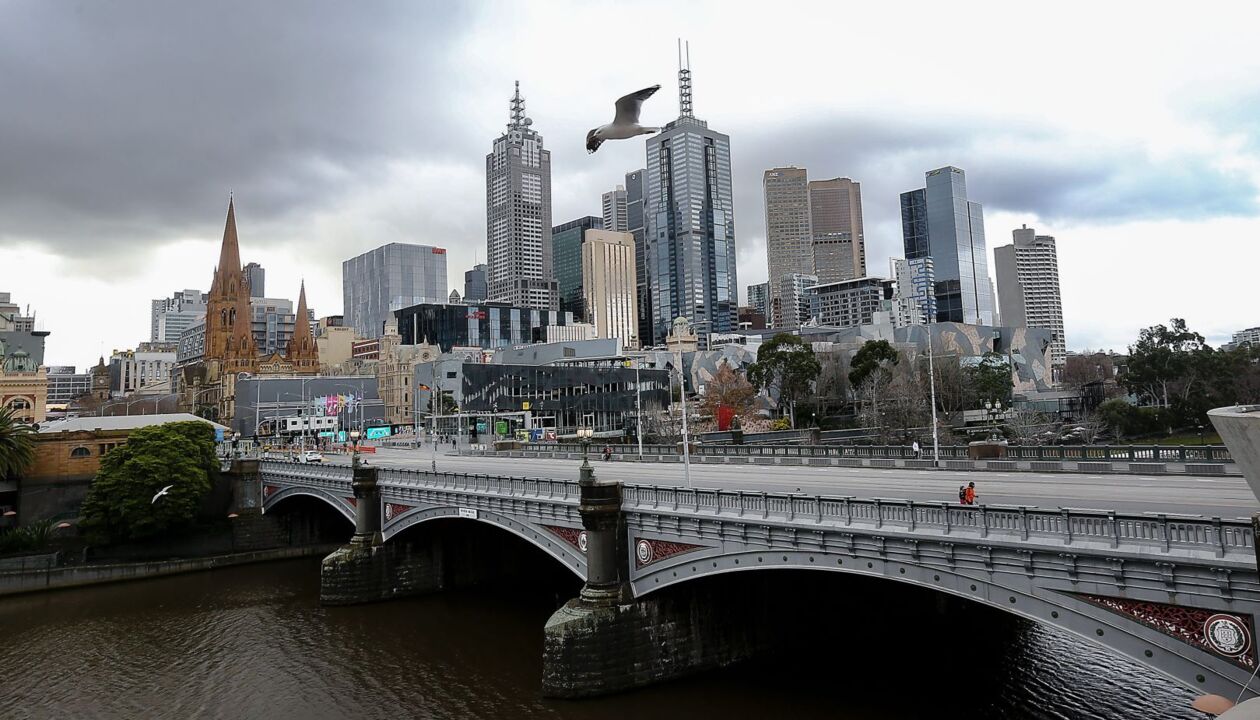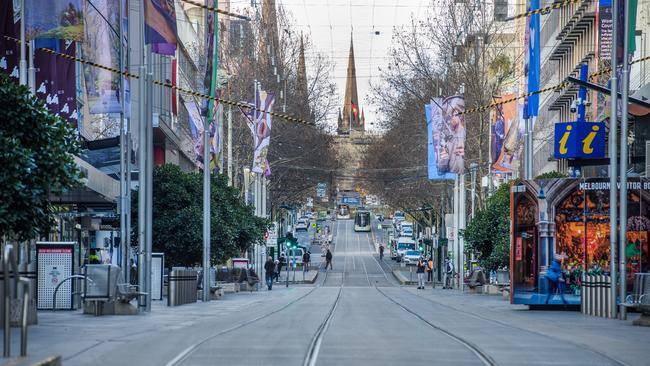Everything you need to know about the bid to extend Victoria’s State of Emergency
Daniel Andrews’ intention to extend Victoria’s State of Emergency by 12 months has garnered a hostile response from some members of the public and a hostile crossbench alike. Here’s how it could affect you.

HS Coronavirus News
Don't miss out on the headlines from HS Coronavirus News. Followed categories will be added to My News.
After Daniel Andrews announced his intention to extend Victoria’s State of Emergency by a further 12 months, it garnered hostile receptions from some members of the public and a hostile crossbench alike.
Here, we’ve compiled readers’ top questions — and just how the extension could affect you.
What is the state of emergency?
Under a State of Emergency, authorised officers, at the direction of the Chief Health Officer, can act to eliminate or reduce a serious risk to public health by detaining people, restricting movement, preventing entry to premises, or providing any other direction an AO considers reasonable to protect public health. A state of emergency is declared under Victoria’s Public Health and Wellbeing Act and can run no longer than six months. The state of emergency was declared by Health Minister Jenny Mikakos on March 16 in response to ‘the serious risk to public health in Victoria from Coronavirus’. Invoking these powers sets aside the normal workings of legislative and executive powers established by a state’s constitution and concentrates broad regulation-making powers in an official within the executive government.

What power does it give and who to?
The Chief Health Officer is given extraordinary powers to do whatever is necessary to contain the spread of COVID-19 and reduce the risk to the health of Victorians.
For example, State of Emergency enables:
• the requirement to wear a face covering when leaving home
• requiring a person to self-isolate when they are diagnosed with coronavirus or are a close contact of a positive case
• requiring workplaces to have a COVIDSafe Plan
• requiring workplaces to keep accurate records for all workers and visitors who attend the workplace
• requiring workplaces to meet density requirements
• limiting the number of people who can attend private and public gatherings
• enabling different stages of restrictions to be put in place in different areas of the State, depending on the level of infection and risk.
Why is it being done?
Without the state of emergency the Chief Health Officer would be unable to force many of the restrictions that have been introduced to combat COVID-19. The current state of emergency is due to expire in mid September and cannot be extended further. Daniel Andrews wants to extend the current six month limit to 18 months, meaning the government would have the option to extend the state of emergency for another 12 months. The government would still need to declare the state of emergency in four week blocks. “It could be less than another 12 months, we certainly hope so,” Mr Andrews said, announcing the proposal.
What are the concerns?
Those opposed to the proposal, including the opposition and some upper house crossbenchers, have raised concerns about the length of time being sought by the government to continue extending the state of emergency. Former Premier Jeff Kennett described the proposal “the most dangerous utterance from a premier” in Victorian history. If passed the legislation would allow Victoria’s Chief Health Officer to enforce mask regulations or stay at home orders for another year. Working from home laws, limits on the operations of businesses, and curfews could also be extended for another 12 months if deemed necessary to prevent a serious risk to public health.

What are the alternatives?
The government could choose to reduce the length of time they are seeking to be allowed to extend the state of emergency. Those opposed to the bill have also flagged forcing the government to seek the approval of parliament to continue to extend a state of emergency beyond a specified time.
The Premier could also extend Victoria’s state of disaster, which was declared on August 2 for a month. A state of disaster is intended for matters beyond public health issues but can include “a plague or an epidemic”. It was last used in Victoria during the January bushfires.
When have we had a State of Emergency previously?
COVID-19 marks the first time the emergency powers have been activated under the new Public Health and Wellbeing Act 2008.
When will parliament vote on whether the government can extend the state of emergency for up to another year?
Timing for the vote remains unclear, but the government is expected to introduce legislation to the parliament at an expected sitting next week.
MORE NEWS
CORONAVIRUS CONSPIRACY THEORISTS PLANS MASS PROTESTS
